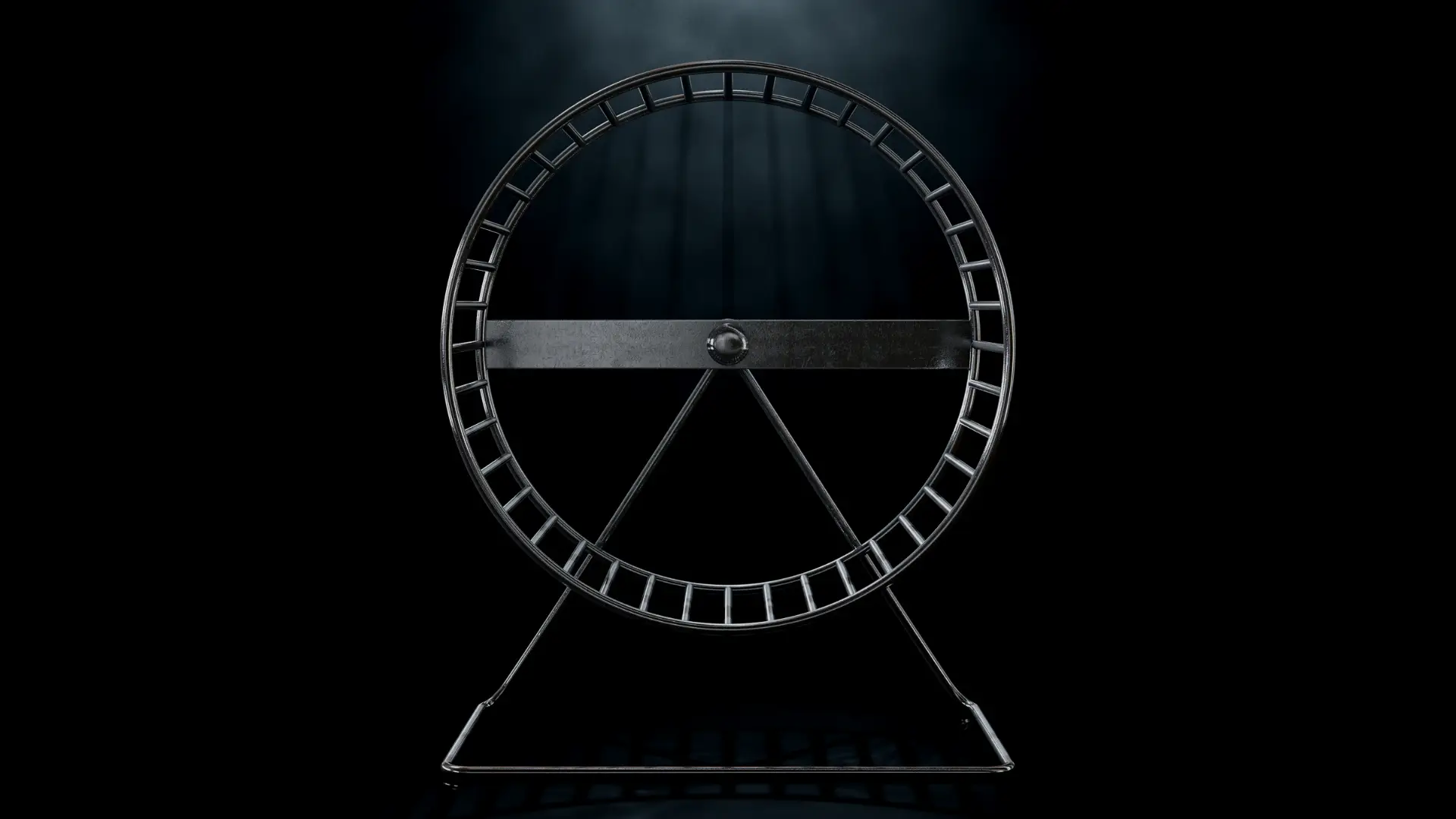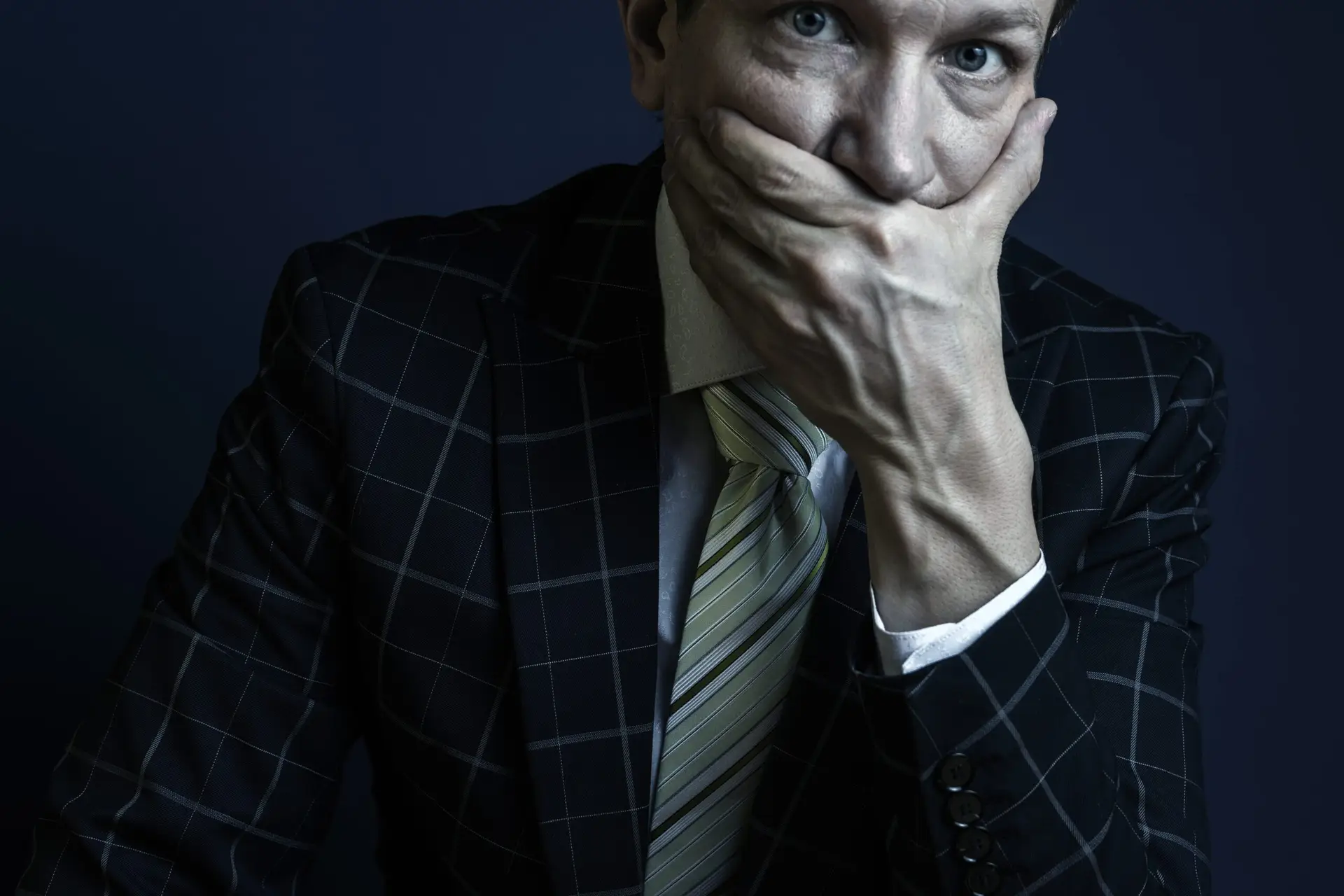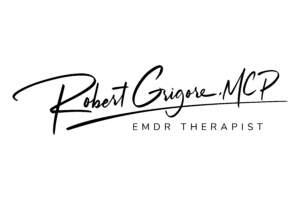Cognitive Behavioral Therapy in Williams Lake
If you’re facing challenges like anxiety, depression, stress, or negative thinking patterns, Cognitive Behavioral Therapy (CBT) can help. CBT is one of the most effective, evidence-based approaches for improving mental health and empowering individuals to create lasting change. Whether you’re dealing with ongoing emotional struggles or looking to improve your overall well-being, Cognitive Behavioral Therapy in Williams Lake can offer valuable support.
We specialize in providing personalized EMDR and CBT services designed to help you identify and manage negative thoughts, feelings, and behaviors. Our therapists work closely with you to develop coping strategies. Furthermore, you’ll also get tools for achieving long-term emotional balance and mental clarity.
What is Cognitive Behavioral Therapy (CBT)?
Cognitive Behavioral Therapy is a structured, goal-oriented treatment that focuses on the connection between thoughts, emotions, and behaviors. It operates on the principle that our thoughts influence our feelings and actions, and by changing negative thought patterns, we can change how we feel and behave.
In addition, CBT works by identifying and challenging unhelpful thoughts and replacing them with healthier, more realistic ways of thinking. This process helps break the cycle of negative emotions and behaviors that can contribute to conditions like anxiety, depression, or chronic stress.
The approach is highly practical and skills-focused, offering concrete techniques that you can use to manage challenges in everyday life. In CBT sessions, you will work with your therapist to explore your thought patterns. That way, you may uncover any distortions, and learn how to replace them with more balanced perspectives! The goal is to empower you to manage difficult emotions and behaviors on your own outside of therapy.
Benefits of CBT in Williams Lake
There are many benefits to choosing CBT for mental health treatment in Williams Lake. Here are just a few:
- Effective for Various Conditions: CBT has been proven to be effective for treating a wide range of mental health conditions. That includes anxiety, depression, PTSD, OCD, and panic disorders. If you struggle with any of these issues, CBT could be a valuable approach.
- Skills-Based and Goal-Oriented: Unlike other forms of therapy, CBT is focused on teaching you skills and strategies to manage your emotions and behaviors. This makes it practical and hands-on, helping you make measurable progress toward your goals.
- Short-Term Treatment: CBT is often considered a short-term treatment, making it an appealing option for individuals seeking fast relief and lasting results. Many individuals see improvement in a relatively short period, allowing them to feel better equipped to manage challenges on their own.
- Improves Emotional Regulation: One of the core benefits of CBT is the development of stronger emotional regulation. By recognizing and reframing negative thought patterns, you can reduce emotional reactivity and experience greater emotional stability.
Mind you, CBT equips you with tools that you can continue to use throughout your life. The techniques learned during therapy can help you with future challenges. And prevent the recurrence of mental health struggles!
What to expect from CBT in Williams Lake
When you begin Cognitive Behavioral Therapy at Grigore Counselling in Williams Lake, your therapist will take time to understand your specific challenges. The initial sessions focus on developing a strong therapeutic relationship and understanding your concerns.
From there, your therapist will guide you through identifying any unhelpful thought patterns that may be contributing to your emotional difficulties. Through structured exercises and techniques, you’ll learn how to challenge these thoughts. Furthermore, you’ll replace them with healthier, more realistic perspectives.
As part of your therapy, you may also work on behavioral strategies, such as relaxation techniques, exposure therapy, or problem-solving skills. Your therapist will help you develop a treatment plan that aligns with your unique needs. This helps you make steady progress toward your mental health goals.
A client-centered approach
As we take a client-centered approach, meaning that your therapy experience will be tailored to meet your specific needs and preferences. Whether you’re struggling with anxiety, depression, or stress, we are here to guide you through the process of healing and growth.
We understand that seeking therapy is a big step. That’s why we provide a welcoming, supportive environment where you can feel comfortable discussing your concerns. Your well-being is our top priority, and we are here to help you develop the tools you need to thrive.
Begin your Cognitive Behavioral Therapy in Williams Lake with us!
Are you ready to experience the benefits of Cognitive Behavioral Therapy? Grigore Counselling is here to help. Our team is dedicated to supporting you on your journey to emotional wellness. And personal growth, too!
If you’re interested in learning more about how CBT can help you, we invite you to book an appointment today. Let us help you navigate life’s challenges and find a path toward lasting change and emotional resilience.


 As human beings, we have multiple layers of consciousness. One of these layers refers to the innermost awareness of yourself – the Authentic Self. This layer of you is concerned only with growth, development, and of being truly individuated. To put it bluntly: this part of you is concerned with “keeping you real.”
As human beings, we have multiple layers of consciousness. One of these layers refers to the innermost awareness of yourself – the Authentic Self. This layer of you is concerned only with growth, development, and of being truly individuated. To put it bluntly: this part of you is concerned with “keeping you real.”


 You know you’re ready for a change when you recognize that “not changing” is actually going to be worse for you than making the change. Sometimes this plays out as individuals continuing to engage in destructive patterns that are either directed at the individual and/or at others.
You know you’re ready for a change when you recognize that “not changing” is actually going to be worse for you than making the change. Sometimes this plays out as individuals continuing to engage in destructive patterns that are either directed at the individual and/or at others.

